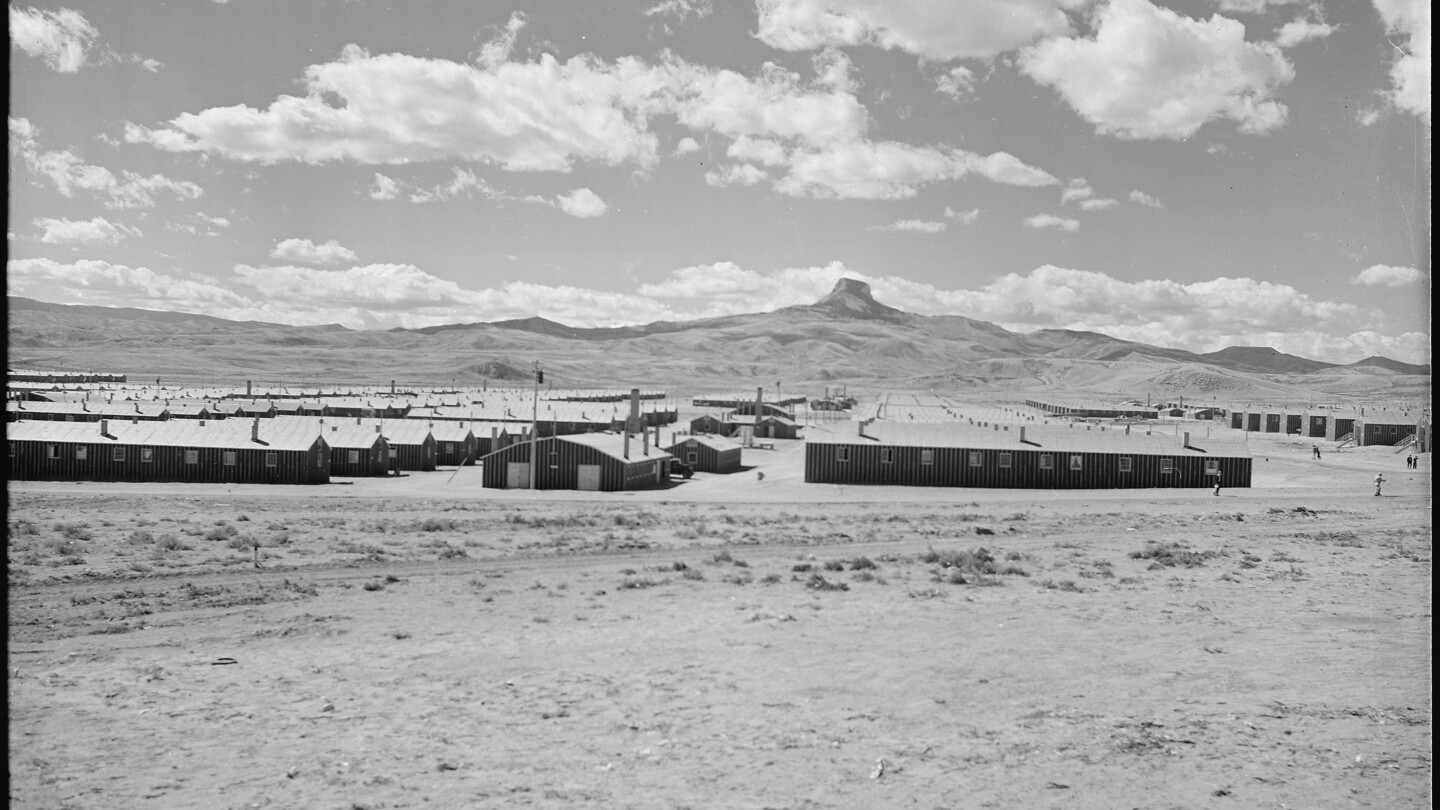Carolina, and Change: Why We Can't Feel

Last Thursday morning, I ran into a black friend who'd been buried in schoolwork during a week-long graduate residency and hadn't heard about the massacre in Charleston. I immediately shared the news. I have to admit, I was eager for his response; I wanted to watch his grief and outrage register in order to compare it to my own and to bolster a growing sense that we had experienced a new, terrible but watershed moment in the long struggle for racial equality.
When I told him what had happened, though, I got no response. Not that he was unfeeling. His habitual look of concern and ready empathy didn't waver, but that was the thing -- it didn't budge one way or another. The news, awful as it was, didn't move his emotional needle a bit. As I spoke he didn't even blink, instead nodding slowly in confirmation of something that he seemed to already know or believed.
A few days later I walked into a class I teach on current events, hoping for the kind of dramatic response and commiseration from my largely black students that I had not gotten from my friend. Again, I was disappointed. My opening question/salvo -- "So how about South Carolina?" -- was met with silence, not disinterested silence, but silence nonetheless. This group is never at a loss for words, but this time it had none. Nor did it seem too distressed. People looked grave, sure, but the atmosphere during our hour together was no different than it had been during discussions of many other things, like police brutality or the latest racial antics by the tea party.
That same afternoon I hurried to a monthly roundtable meeting of black activists in the city, who I knew would surely hold forth on Charleston. When I arrived the subject was definitely in the air, and on the agenda. But we had so many other items to discuss, so many modest fires to snuff out, that Charleston as a topic wound up getting all of ten minutes as the meeting wrapped up and people were packing up and drifting out the door.
All of this reinforced what I've noted my whole life: after generations of dealing with the unending consequences of racism, black folk have no surprise left. We have momentary shock, but almost instantly the tragedies -- from violent ones like lynchings and shootings, to political setbacks like the loss of affirmative action, the gutting of the Voting Rights Act, the foreclosure crisis that's quietly unraveled so much of our gains -- are categorized and filed away in a kind of massive cultural database to be referenced in the future. Things are not forgotten, but they're not deeply felt. Not because they're not important, but because at this point it seems like we simply don't have enough nerve endings to feel them all, to do them emotional justice. Surprise and outrage are hard to come by, and even harder to sustain.
Aiding and abetting the problem is the general American resistance to the notion that racism, particularly the kind represented by shooter Dylann Roof, has real power in this country. Amongst white people, this resistance cuts across political lines, though for different reasons. Conservatives reject the historical impact of slavery as so much incentive for black "favoritism" that screws up real democracy (an ironic logic if I ever heard one). Liberals -- or just white people who aren't conservative -- don't reject that history, but they seem not to know what to do with it, either. The result is another kind of tongue-tied silence that allows the right to keep the rest of us in a dangerous state of inertia around historical problems of race, even when that problem is as glaring as what happened last Wednesday. There is a bit of good news. The fact that the Confederate battle symbols that stood for 50 years may come down in the coming weeks in South Carolina and in state flags across the South means that inertia can be broken -- as a good friend of mine likes to say, the status quo is the status quo until it changes. Hopefully that means we'll get a new and improved status quo.
But I don't expect that. I don't expect much, frankly, until and unless black people feel fully entitled to a collective outrage -- emotional justice -- that they've more than earned, but always seem to be denied or cautioned against. The world much prefers to see us in the mode of forgiveness and healing, as the media has demonstrated in its breathless coverage of vigils, prayers and multiracial gatherings following the Charleston murders. I have nothing against coming together, but it's frankly easy to do after a crisis, especially one of this magnitude. People are already talking about moving on. I, for one, am staying put.


